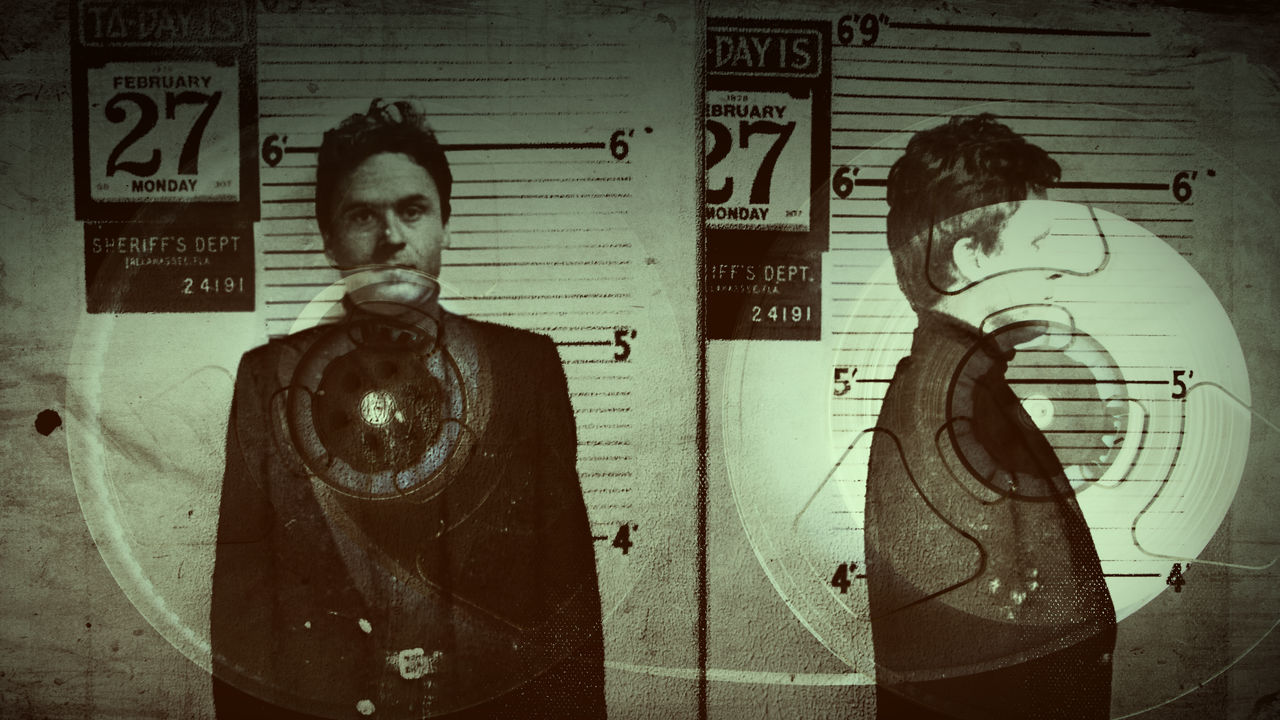In light of the recent release of the Netflix documentary ‘Conversations with a Killer: The Ted Bundy Tapes’ and the subsequent release of the film trailer with Zac Efron playing the serial killer, a great deal of attention has been brought back onto the man himself, and to serial killers in general. Why is society fixated upon people who commit such evil?
People are intensely curious about the behaviour of serial killers due to the audacity and, more often than not, the violence and grotesqueness of the crime, trying to understand what drives killers to commit such acts. Bundy, whilst on Death Row, did confess to thirty killings of women. It was the nature of the crimes that drew people’s attention to Bundy’s murders, as the media was drawn to the sexual frenzy that drove him. People are driven by a need for everything to be understandable in order for our brains to begin to comprehend them. However, serial killers defy that norm. Therefore, as we become aware of the nature of these crimes, we feel even more compelled to try to begin to understand them in order to not only satisfy our need for understanding but also to make the monstrous acts more palatable as identification of the causes make the crimes appear more rational. A sense of logic makes the actions seems less monstrous.
The film trailer has been heavily critiqued regarding its casting of Efron as Bundy, an actor who is widely considered to be one of the best-looking men in Hollywood. Some have commented that to cast him sexualizes and glorifies Bundy in a way. However, when a survivor of Bundy, Kathy Kleiner Rubin, was asked to comment on the choice, she believes “that in order to show him exactly the way he was, it’s not really glorifying him, it’s showing him. And when they do say positive and wonderful things about him, that’s what they saw’. This shows that Hollywood is not attempting to glorify him. It is widely considered that one of the reasons Bundy was not captured for so long was because he did not fit the profile of what was considered a killer at that time. Bundy was good-looking, college-educated, well-spoken, a Republican party activist and very charming. The judge on the day of his sentencing, even remarked upon the “utter tragedy for this court to see such a total waste of humanity” and even went on to say that he was “a bright young man” who ultimately went “another way.” It can be seen from this that Hollywood was not, for once, misconstrued in its casting decision, as Efron is well known for his good looks and his charm. So perhaps they even hoped to play on his popularity to maximise the otherness that is portrayed of the killer.
The fact that thirty years after Bundy’s death, there is still such a fascination regarding him, does perhaps speak to society’s need to be satisfied in their understanding. Society is still so interested in trying to understand his motives. It was evident that Bundy was an intelligent and very capable man, who could have had a career as a lawyer or a politician, but society is disturbed at this reversal of the use of intelligence to commit such evil, using his intelligence to kidnap, rape, and then brutally murder at least thirty young women. With repulsion comes the desire to attempt to begin to unravel why.
But perhaps what causes serial killers to endure in our fascinations is that they appeal to the most basic of human instincts – survival. It shocks us and challenges our preconceptions of safety. Most people cannot begin to comprehend the acts serial killers commit because they cannot even imagine themselves doing so to another human being. The fact that even good-looking and charming people in society, like Ted Bundy, can and do act upon these violent fantasies that most cannot even imagine, presents a challenge that questions our safety and therefore, our survival.
Phoebe Walker
Images: Netflix

